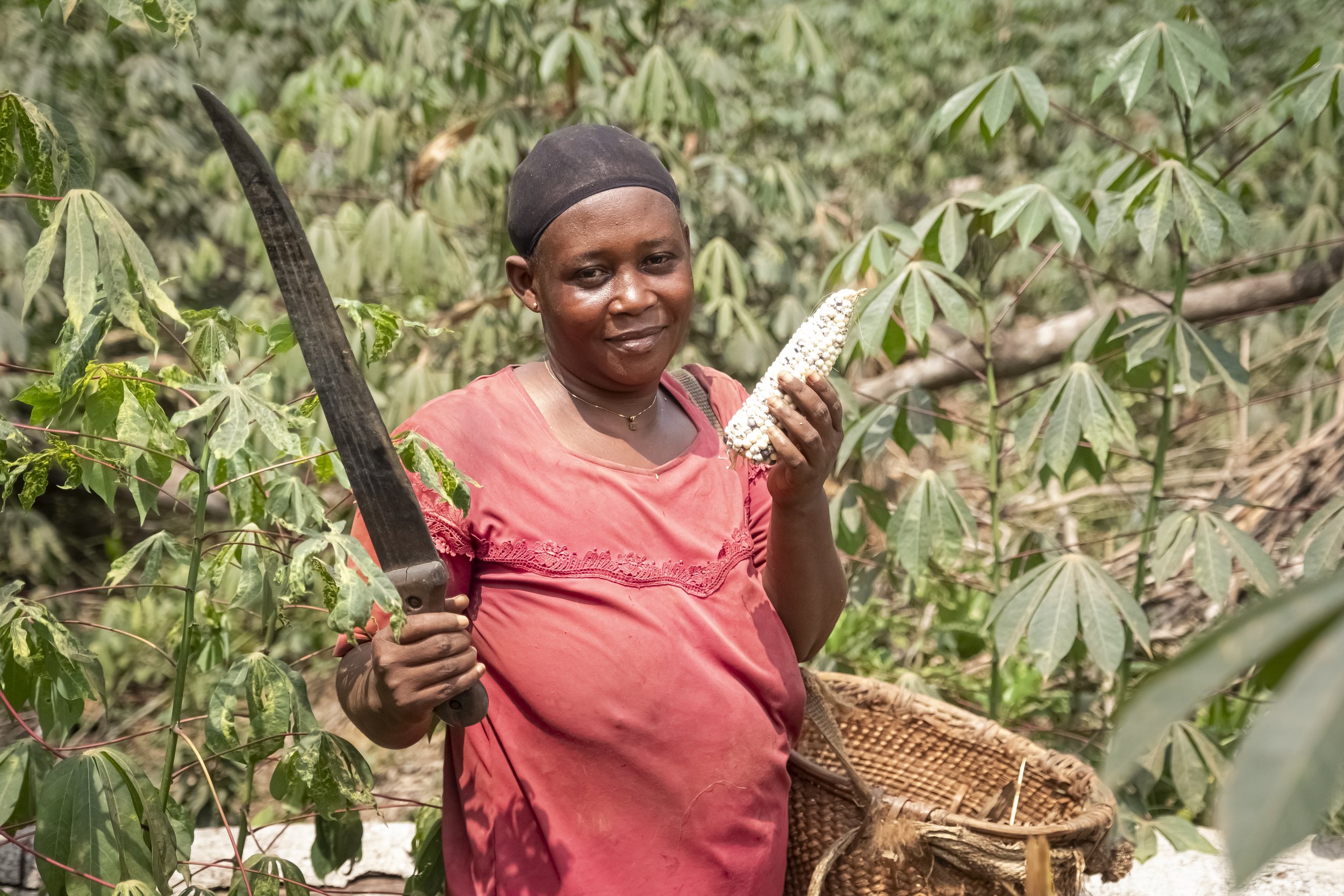
Gabonese Rural Communities
Last stronghold of Africa's critically endangered forest elephants, with a high rate of subsistence farmers, at high risk of food insecurity.
In 2010, the Gabon forest elephant population was 74,000, soaring to 95,000 by 2019. Over the past decade, the human-elephant conflict has steadily intensified. In collaboration with the Government of the Gabonese Republic, Space for Giants introduced an innovative solution designed for Gabonese subsistence farmers: the mobile electric fence. Space For Giants is actively addressing the challenges linked to human-elephant crisis, which negatively impacts subsistence farmers’ livelihood and the preservation of forest elephants.
The context of the human-elephant conflict is rooted in socio-economic, political, and environmental factors. From 2016 to 2022, 13,000 incidents related to elephants were reported.
In response to this alarming situation, the Ministry of Water and Forests convened a national symposium on the human-elephant conflict in December 2021. During this symposium, the Gabonese Republic recommended the deployment of mobile electric fences, an expertise held by Space for Giants since its operations in Kenya. Since then, Space for Giants has acted as a technical partner in managing the human-elephant conflict.
To address the needs specific to the Gabonese context, Space for Giants designed two primary models of single-strand mobile electric fences whose types are allocated based on the size of a field:
The simple model can cover an area of up to 2.5 hectares with Galva wire
The box model can cover up to 50hectares with Galva wire
These mobile electric fences secure the plantations of subsistence farmers living in rural areas. These farmers conduct their income-generating activities in secondary forests where elephants reside due to the fertility of the soils in these areas.
The fence emits an electric shock of up to 9900 volts, non-lethal for both humans and elephants, serving as a deterrent to the animal. As of December 2024, 990 fences benefiting 13,543 individuals have been deployed. These have secured subsistence agricultural fields in 333 villages out of the 3000 distributed across the nine provinces.
The device also aims to limit interactions between humans and elephants, safeguarding both the endangered species and the livelihoods of rural populations. It promotes the development of rural communities engaged in agriculture and helps prevent elephants from human-related attacks justified under legitimate defense.
The project has achieved significant success, thwarting 1055 attempted intrusions for pillaging agricultural fields in 333 villages. As of January 31, 2024, over 6000 complaints have been registered, with the majority attributed to elephant crop raiding. Additionally, more than 2339 requests for mobile electric fences have been submitted.
